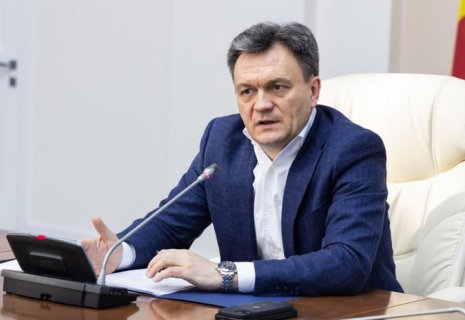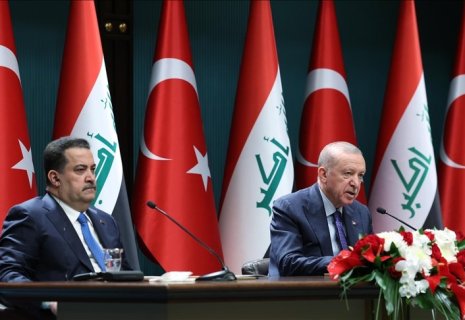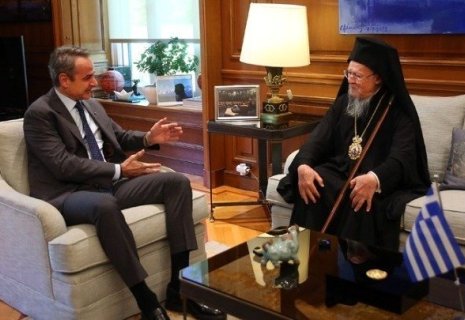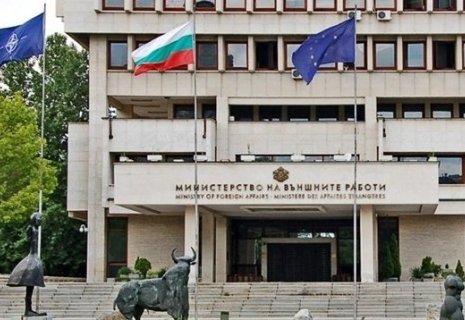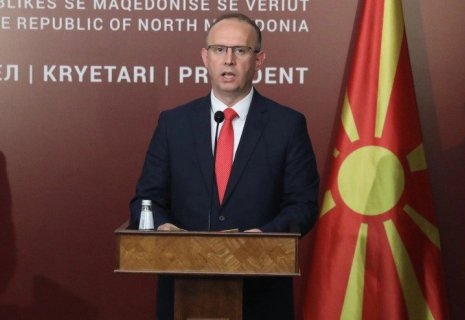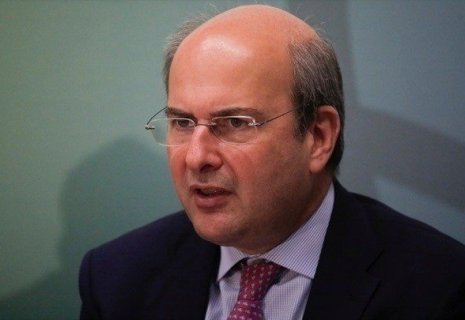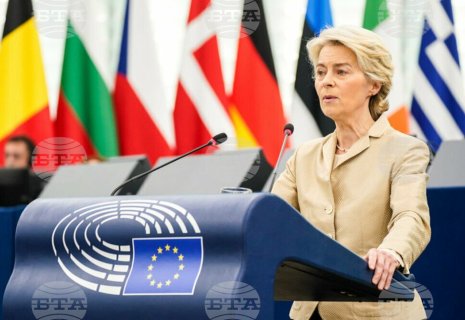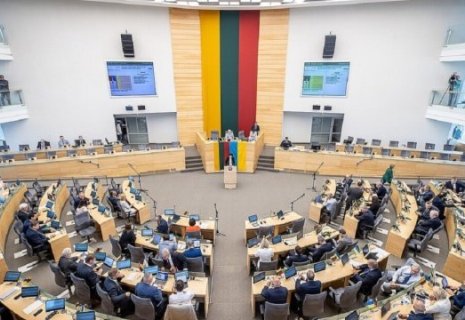
How Germany’s February election could redefine Europe’s role?
Friedrich Merz, leader of the CDU, has emerged as the front-runner for Chancellor in Germany’s early elections scheduled for February, CE Report quotes Kosova Press.
Polls from multiple reputable institutes indicate that Merz and the CDU hold a significant lead over their rivals. Meanwhile, the Greens and their leaders are grappling to remain relevant in the upcoming political race.
According to Welt, surveys reveal that the CDU, under Merz’s leadership, commands over 30% of voter support, while the current governing coalition has experienced a noticeable decline. Robert Habeck, head of the Greens, publicly expressed his willingness to remain "at least as deputy chancellor," a statement widely interpreted as a sign of weakness.
Merz’s strong stance against Russian aggression in Ukraine and promises of a more assertive foreign policy have become central to the political debate in Germany. He has consistently criticized incumbent Chancellor Olaf Scholz for being “too cautious” on Ukraine.
Merz has vowed to provide Ukraine with Taurus missiles without operational range restrictions, signaling a shift towards a stronger global role for Germany. His visit to Kyiv, during which he sharply criticized the government’s delays in providing aid, further solidified his image as a leader unwilling to accept “half-measures.”
Despite his growing popularity, Merz’s policies have raised concerns both within Germany and among NATO partners. Critics warn that sending Taurus missiles could dangerously escalate the war and further strain relations with Russia.
Merz and his supporters argue that determination is key to containing Russia and restoring stability in Europe.
Why is Friedrich Merz Called the "German Trump"?
Merz has been labeled the "German Trump" in media and political circles, a comparison drawn from his conservative views, populist rhetoric, and emphasis on national interests reminiscent of Donald Trump’s style.
For instance, a Politico article from November 2020 was titled “Meet Germany’s Donald Trump,” highlighting Merz’s hardline conservative stance and ambition to lead the CDU. However, it’s essential to note that Merz has a long political career shaped by Germany’s specific social and political context, distinguishing him in several ways.
The Potential Impact of Merz on Germany and Europe
Merz’s success in German politics will not only depend on his pre-election promises but also on whether he can strike a balance between determination and responsibility. His proposals suggest transforming Germany into a pivotal player on the European and global stage.
If Merz manages to balance military assertiveness with diplomatic moderation, he could redefine Germany’s role as a leader of the free world. However, failure could further divide Germany between those advocating for security through strength and those favoring dialogue as the only path to lasting peace.
The February 23 elections are not merely a domestic political turning point but a test for Europe’s direction amidst intense global challenges. To chart this path, Merz must first meet the fundamental requirement: winning the election.

